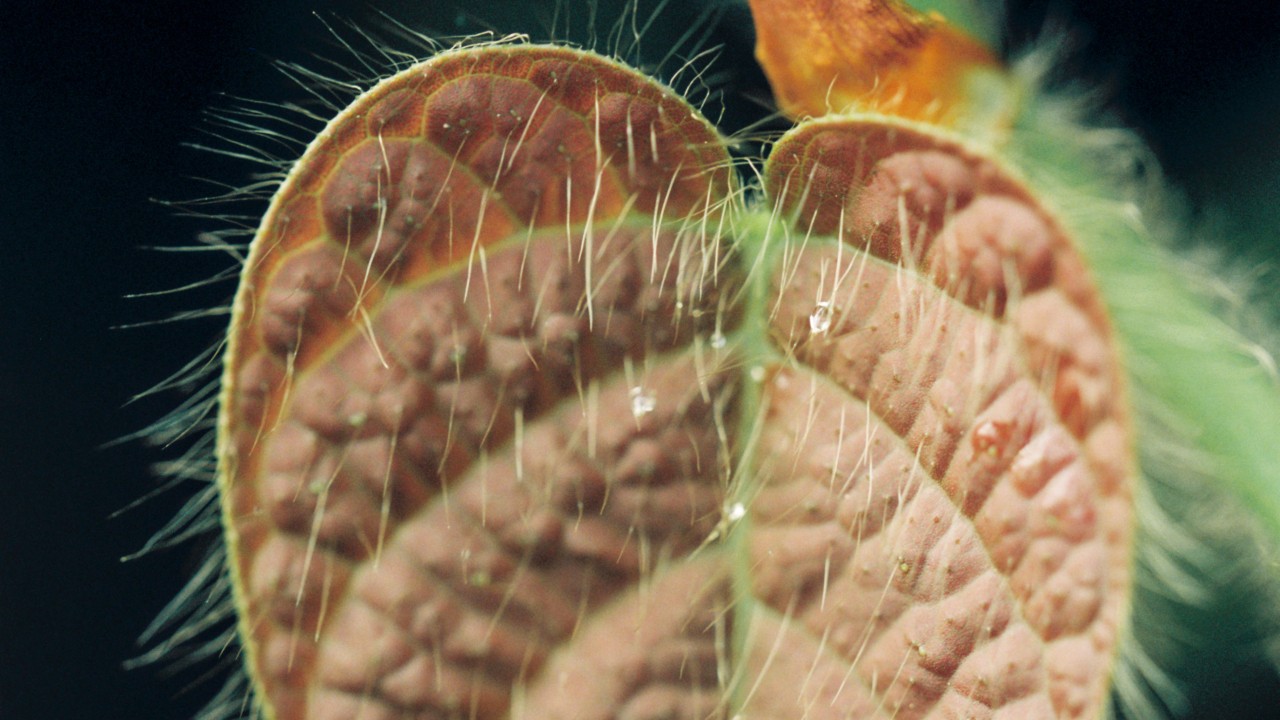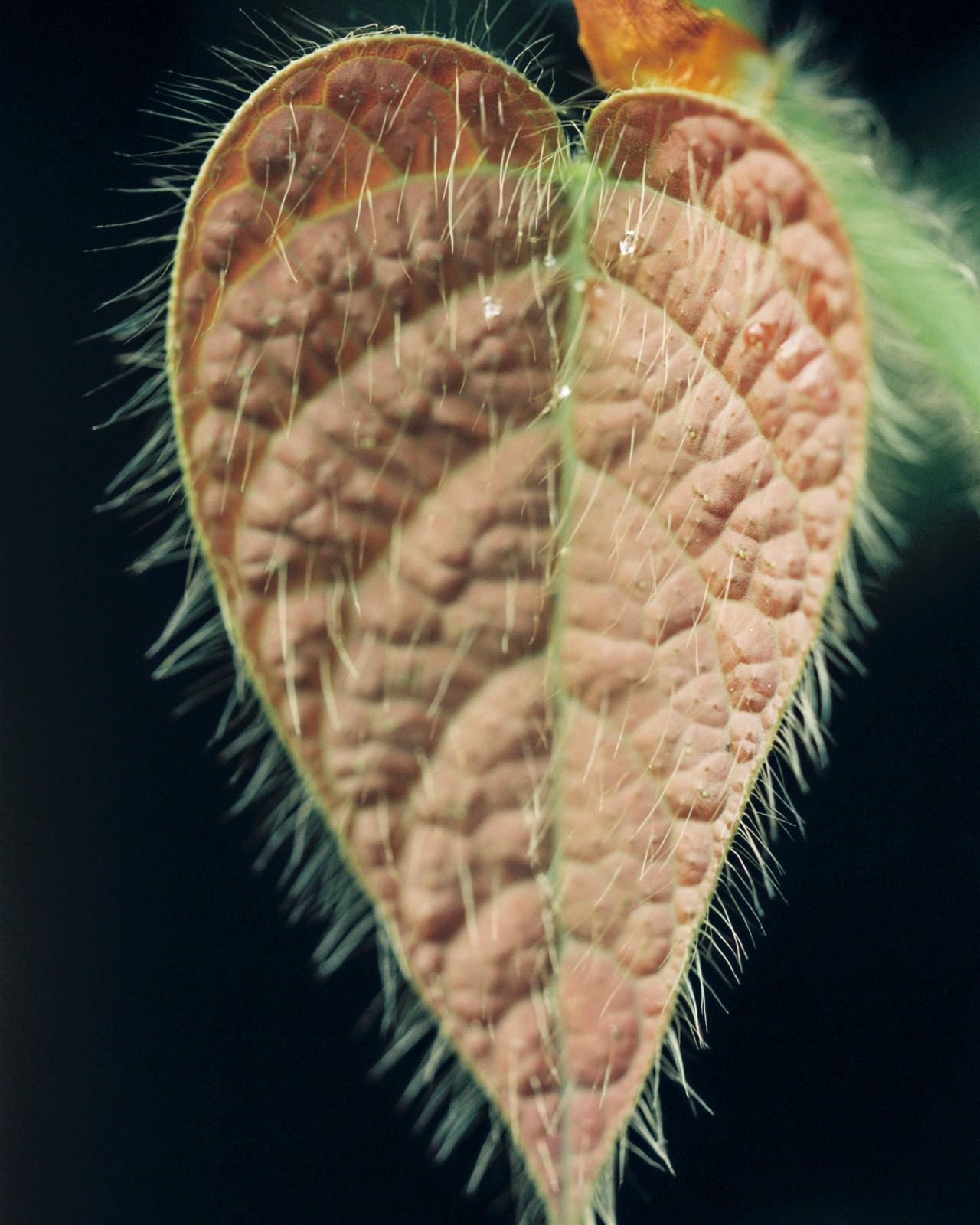

Photograph by Pia Riverola / Kintzing
words by willow defebaugh
“Our challenge is to see the world differently: not as a collection of objects to be exploited, but as a communion of subjects to be loved.”
—Thomas Berry
Last year, a journalist asked me whether I believe romanticism is dead. My response was that we choose what we let die, and what lives on through us. From a young age, I always had the sense that if I didn’t fall in love with the world, I wouldn’t survive it. Love, in this sense, has been a driving force during my time here—one that has expanded outward beyond more than just my romantic relationships to my relationship with life itself.
For many years, I believed that love was something I had to earn or obtain from other people. I could follow the familiar trope of Western self-help culture and tell you that I shifted out of those patterns by learning to love myself, but that would only be part of the story. Yes, I have done that grueling internal work that we call self-love. But what’s changed me just as much has been looking beyond myself—beyond even another partner—toward the wider world.
I find ecology romantic. Learning how organisms interact with their environment, the tangles of reciprocity woven in the process, fills me with wonder. When did we stop seeing the breath we share with a tree as an act of love? If love is what twines two beings together, then I know no better word for nature, which binds us all. Again and again, the Earth reminds me that love is not only something we fall in, but something we awaken to. It’s all around us, all the time.
My friends tease me about my fondness for fantasy romance novels, in which characters are often spirited away into magical realms and fall in love. In these books, the very act of experiencing a world with fresh eyes is entangled with romance. While they might seem an escape, these stories speak to me because they capture how I feel about life on Earth. If you were to describe science to someone not of this universe, it would sound utterly fantastical: light from a star that turns into food, seeds that grow forests, a life-giving elixir that flows in rivers.
Romanticism requires one to live at the crossroads of fantasy and reality, in the same way that love involves accepting one another for who we are and also believing in the best of what each other is capable of. Whether amorous or platonic, does human love not represent the best of our species? Our desire to help steward one another’s growth and well-being? Our willingness to offer both grace and forgiveness? Why shouldn’t we extend that gift to all the Earth?
Every day we are presented with an endless scroll of reasons to fall out of love with the world, creating a void filled only by another swipe, another purchase, another opportunity to tune out. Cynicism is always fashionable because it’s easy. Holding a romantic view—a view in which magic is possible, hope is alive, and intimacy is everywhere—requires effort, just as love does.
Romanticism is, at its heart, an invitation to practice love at every scale, in every encounter: with partners, friends, strangers, and more-than-human life. To turn toward one another rather than away and see the world, and every being in it, as worthy of love. To hold ourselves as wholly deserving of it, flaws and all, and to humble ourselves before its wider presence. To recognize love as a force much bigger than us—a force of nature.
Everything Is Romantic: Embracing an Ecology of Love